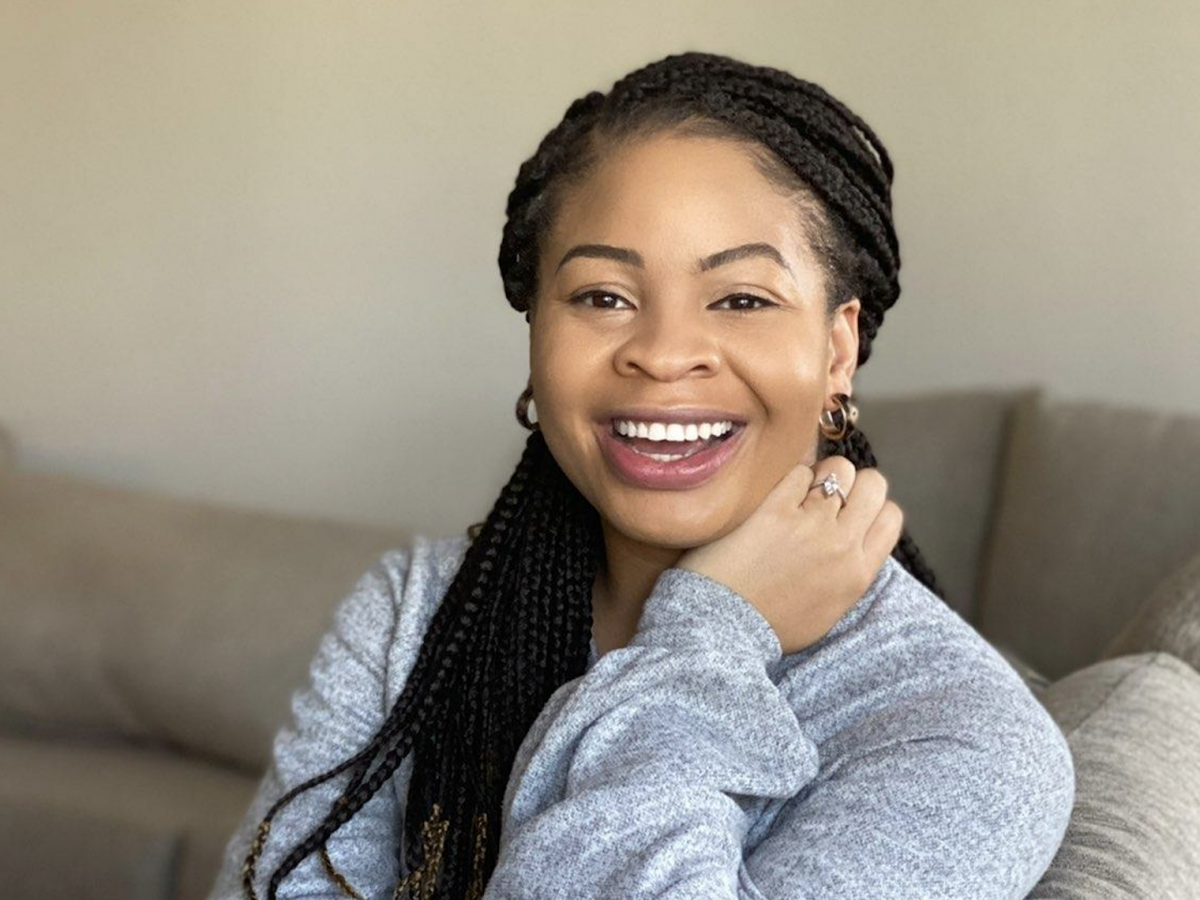
When Crystal Adesanya started feeling severe stomach pains, she begrudgingly tried to book an appointment with her campus health services facility, but couldn’t due to overcrowding. Unable to get help from the University of Houston, she Googled her symptoms, self-diagnosed herself, and medicated with over-the-counter drugs. This had worked for her previously, after negative encounters from the healthcare staff.
But this time, self-diagnosis wasn’t going to cut it. She’d landed herself in the ER.
Unfortunately, these barriers to care are not uncommon for Black women. According to a poll by the Kaiser Family Foundation and The Undefeated, 1 in 5 Black adults said they were treated unfairly when receiving health care for themselves or a family member. The report further underscored that Black patients felt they were disbelieved and denied the medical care they desired.
The numbers are even more sobering when looking at the consequences of Black reproductive care maltreatment. Findings from a 2018 study tell us that Black women experience disparities in infertility rates, stigmatization, and access to fertility care: Infertility affects at least 12 percent of women of childbearing age, and studies suggest this number doubles for Black women in the US. However, while more than 20 percent of Black women may experience infertility, only 8 percent of them seek medical help to get pregnant compared to 15 percent of White women.
Adesanya says that’s because some Black women have justified mistrust in the healthcare system and are often uncomfortable speaking with physicians.
That’s what drove her to found Kiira Health, a 24-7 virtual clinic for women that helps to remove barriers to reproductive care.
The 27-year-old Nigerian-American is on a mission to keep women from experiencing what she did.
“I passed out,” she said, referring to the traumatic episode she went through in college. “I know now that it was because I was trying to fix something that should’ve been handled by a medical professional, but didn’t feel comfortable going to a doctor.” She shared that not only did the sobering experience make her take matters into her own hands, but her lack of sexual health knowledge did as well. “As a young woman raised in a conservative household, those conversations about my reproductive health just didn’t happen. This can lead to serious issues for many young people down the line.”
Adesanya and Kiira Health co-founder Candice Fraser MD, FACOG aims to arm women with not only the care they need around the clock but transparent information to help them make informed decisions about their bodies.
Fraser shared that although telehealth is not a new concept, the pandemic highlighted the viability of virtual visits, particularly for women of color who have silently suffered from culturally incompetent care experiences for years.
“Black and Brown women historically have had a lot of barriers to healthcare, some of which are costs or access to care or even access to providers of color,” Fraser said. “A lot of times, students, in particular, don’t feel comfortable going in because they do not see a provider who looks like them. Being able to see someone who you can relate with, and to be able to talk to a provider from the comfort of your home, is one of the things we’ve needed to take better advantage of for a long time.”
This heightened privacy while speaking about sexual health has also played a big role in the uptick of telehealth. A May 2020 survey found that 77% of all respondents agreed that telehealth is “a useful method to get birth control when in-person visits with a provider are not possible.”
The Kiira platform makes it easy to circumvent gaps to care because of its user-friendly mobile app and web dashboard. The Kiira app connects users to trusted clinicians including Primary care physicians, Ob/Gyn’s, Mental health experts/ therapists, Nurse practitioners, and more via phone, video, and chat through a HIPAA compliant portal.
“Our goal is to completely dismantle all the hurdles Black women have when seeking quality care,” said Adesanya.
Kiira Health is well on the way to doing just that.